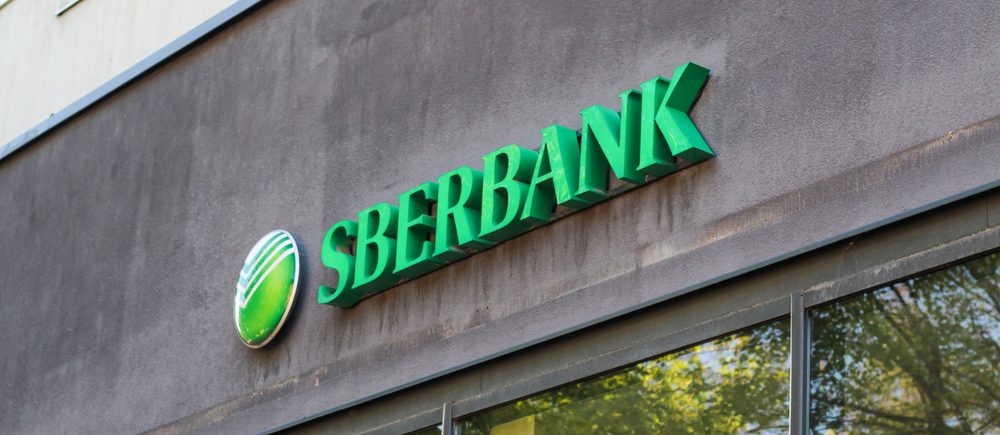Russia’s largest lender Sberbank is quitting almost all European markets, blaming significant cash outflows and threats to its staff and property following Russia’s invasion of Ukraine and Western sanctions.
The bank said it could no longer supply liquidity to European subsidiaries following an order from Russia’s central bank, which is seeking to preserve foreign currency. But it said capital and assets were sufficient to pay all depositors.
Sberbank
PJSC Sberbank is a Russian majority state-owned banking and financial services company headquartered in Moscow. It was called Sberbank of Russia until 2015. Sberbank has operations in several European nations, primarily post-Soviet countries. As of 2014, it was the largest bank in Russia and Eastern Europe, and the third-largest in Europe, ranked 60th in the world and first in central and Eastern Europe in The Banker’s Top 1000 World Banks ranking.
Ownership
The majority shareholder of Sberbank is the Russian National Wealth Fund managed by the Government of Russia, owning 50%+1 voting share of Sberbank’s voting shares. The rest of the shares are dispersed among portfolio, private and other investors.
Operation
As of 2015, the bank had about 16,500 offices with over 250,000 employees. According to its estimates, the bank had over 137 million retail clients and over 1.1 million corporate clients in its 22 countries.
Sanctions
On 24 February 2022, due to the 2022 Russian invasion of Ukraine, US president Joe Biden announced sanctions against additional Russian individuals and companies, including new restrictions on Sberbank’s operations, after which Sberbank’s stock lost more than half of its value.
Sberbank had European assets worth 13 billion euros ($14.4 billion) as of Dec. 31, 2020, and operations in countries including Austria, Croatia, Germany and Hungary among others.
It said European subsidiaries experienced a liquidity crisis after sanctions were imposed, resulting in the bank losing control of those units in the first quarter of the year.
Sberbank had said in November it planned to finalise the sale of operations in Bosnia and Herzegovina, Croatia, Hungary, Serbia and Slovenia in 2021 in a deal worth around 500 million euros.
 Noor Trends News, Technical Analysis, Educational Tools and Recommendations
Noor Trends News, Technical Analysis, Educational Tools and Recommendations





